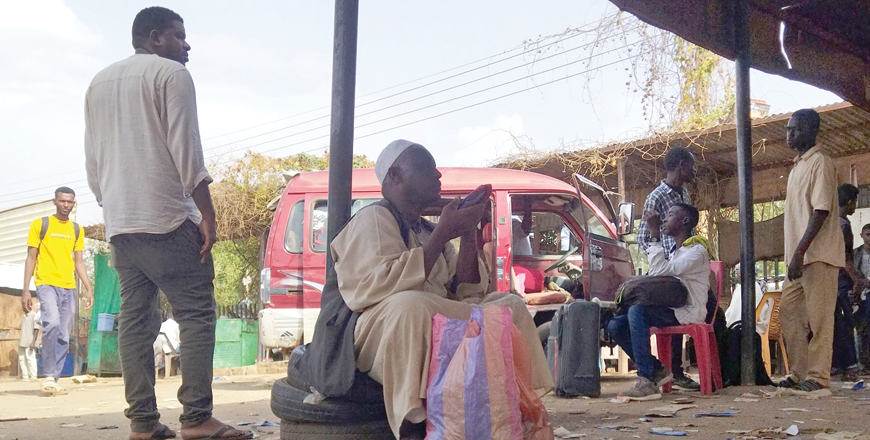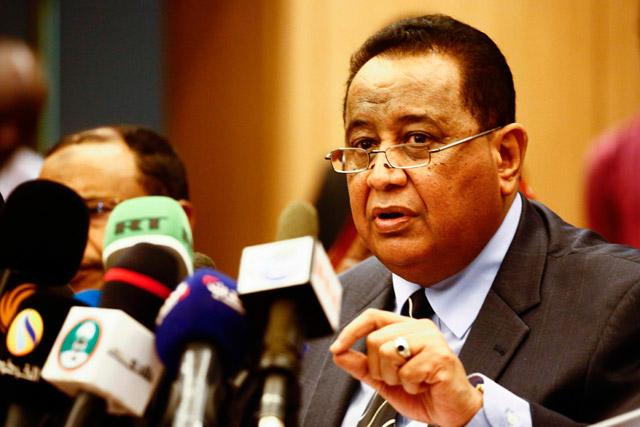You are here
UN aid chief backs stepping up sanctions on South Sudan
By Reuters - Jun 05,2018 - Last updated at Jun 05,2018

Displaced South Sudanese women walk towards the United Nations Mission in South Sudan base in Malakal on January 12, 2014 (AFP photo)
GENEVA — The United Nations' top aid official on Monday backed a decision by major powers to renew sanctions on South Sudanese leaders and to consider imposing asset freezes and travel bans in an effort to pressure all sides to end the five-year conflict.
Mark Lowcock, UN emergency relief coordinator who visited South Sudan in mid-May, also said that despite kidnappings, murders and lootings, aid workers would stay in the country, where seven million people rely on humanitarian aid to survive.
The UN Security Council voted on May 31 to renew some sanctions on South Sudan until mid-July and to consider imposing travel bans and asset freezes on six South Sudanese leaders if the conflict does not stop by June 30.
"I think measures which bear more directly on the economic and other interests of the people in control of the military formations and the men with guns is an important space to look at," Lowcock told a news briefing in Geneva on Monday.
Visa bans and financial sanctions have been used as tools in other conflicts, he said.
‘Dangerous place’ for aid workers
The east African nation has been torn apart by an ethnically charged civil war since late 2013, when troops loyal to President Salva Kiir clashed with those of the former vice president he sacked, Riek Machar. Some 1.76 million people are internally displaced and two million refugees have fled to neighbouring states, the United Nations says.
"There's lots of concerns about how various parties in the conflict are enriching themselves through South Sudan's oil and gold and teak and its other natural resources. And lots of concern that a lot of South Sudan's wealth is being held outside the country," Lowcock said.
The latest round of peace talks in May failed, and the situation continued to deteriorate, Lowcock said.
"The economy has collapsed, belligerents are using scorched earth tactics — murder and rape as weapons of war — they're all gross violations of international law," he said.
"South Sudan is the most dangerous place to be an aid worker and 100 aid workers have lost their lives since the conflict began," he said, adding: "There is no rule of law, armed groups run amok."
The United Nations declared a famine in two districts of South Sudan last year, later lifted, and some areas may be getting close to the brink, aid officials have warned.
"We are concerned that there's a lot of places on the cusp at which it wouldn't take much to get to the stage where the thresholds were passed," Lowcock said.
Related Articles
KHARTOUM — Sudan's army chief is not ready to meet the enemy general he's been at war with for eight weeks, a government official said on Tu
KHARTOUM — Sudan said Thursday it will press on with efforts to achieve a full lifting of US sanctions against Khartoum, even as it hoped Wa
KHARTOUM — Sudan has for the first time accepted mediation by South Sudan's leader in peace talks over the restive Sudanese border regions o















